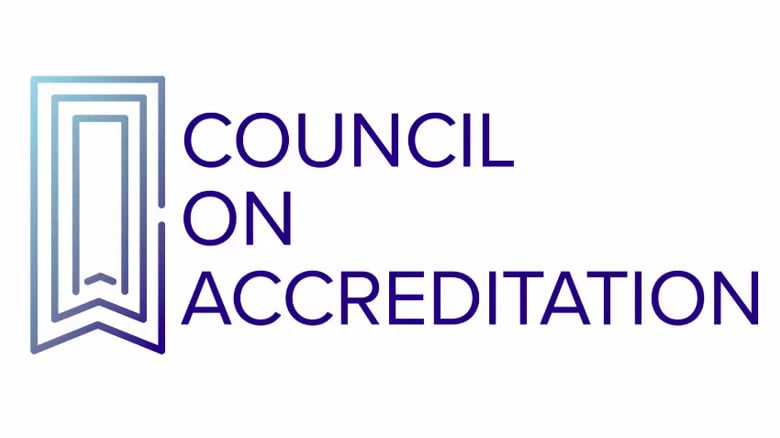Early infant crying, a parent’s tale:
Every parent envisions the day when they bring their child home. We all read parenting books and attempt to prepare ourselves for the “life changing” event that is coming. However, no one explains how you are supposed to deal, cope, handle, adapt or even function when your child cries morning, noon and night. My daughter cried, screamed and wailed all the time, which is an understatement, no matter what I did for her. I would hold her, put her in her swing or on her play mat, etc. and nothing stopped her from crying. I took her to the pediatrician four times in the first two weeks of her life because this couldn’t be normal behavior right? I tried to explain that due to her weight loss and behavior that I assumed that I wasn’t producing enough to feed her and their answer was “breast is best.” I kept trying for 4 weeks and she only slept for two hours all day (NOT exaggerating)!!! She would literally wear herself out because of how miserable she was (I was right there with her) and that was all the down time I had with her. I never slept, never had any time to care for myself i.e. shower, eat or get out of the house. During those four weeks, I started an anti-depressant because I couldn’t stop crying, feeling like a failure as a parent, and wishing we didn’t have children. No one believes that they would ever harm their child, especially an infant, but trust me, there were many times in the first month of non-stop crying that I had to walk away, take a breath and calm myself and then resume caring for her. After her 7th doctor visit, the doctors advised me to try formula and medication for the acid re-flux which made all the difference in the world. Things changed dramatically and she is a blessing that I wouldn’t give up for the world.
Advice to parents with stories similar to mine: Parenting is the hardest job there is and it never ends; however, it is one of the most rewarding. Be patient and as long as they are changed, fed and safe (such as in their crib) take time to breathe, think and remember the positives they have brought to your life as opposed to focusing on the negatives (which is easier said than done) but in the end it is worth it.
-MRG
This is why in Tulsa and many cities around the country an education program to families on normal infant crying and the dangers of shaking a baby is in place. Parents and caregivers that have high criers and have tried everything to calm their baby may feel like they are failing at parenting. This is not the case; some babies in the first few months of life cry a lot. At The Parent Child Center of Tulsa we use The Period of Purple Crying® to educate new families before leaving the hospital about the potential for long crying bouts where the baby may resist soothing. We provide soothing tips and let parents know it is okay to put the baby in a safe place for a few minutes and take a break to calm themselves. A nurse said recently “When in doubt, walk out.”
I often hear on my visits that I would never shake my baby or I don’t know how someone could do this. The truth is that every year in the United States about 1200-1400 babies are shaken. In Oklahoma during the 2011 fiscal year there were 66 Abusive Head Trauma/Shaken Baby allegations. Of those, 33 were confirmed.
Shaken Baby Syndrome is a collection of injuries that a child sustains from being violently shaken. This is not due to accidental handling such as bouncing a baby on a knee, tossing a toddler in the air, falls off couch, etc. These can injure a baby or toddler but they will not sustain the same injuries as when shaken. When these shaking injuries occur massive brain damage is the result. A child that has been shaken may have immediate symptoms of lethargy, difficulty eating, difficulty breathing, irritability , seizures, loss of consciousness, and go into a coma (immediate medical attention is required). If a child survives they may suffer from disabilities such as cerebral palsy, have learning difficulties, behavior problems, blindness, paralysis, or seizure disorder. About 25% of children shaken die from their injuries.
The majority of children shaken are less than 6 months of age. This follows the peak crying time as described in The Period of Purple Crying®. All babies cry, some cry more than others. Starting at about 2 weeks of age all babies increase the amount they cry until about 2 months of age when it peaks. The crying then decreases and tapers off around 4 months of age. These long bouts of crying can be very frustrating for a caregiver. It is frustrating because parents and caregivers want to figure out why the baby is crying and fix it. If it can’t be fixed then a parent or caregiver may feel kike they are a bad parent, or they have a bad baby. This is not the case. All parents feel frustrated with their children from time to time and some babies just cry more than others.
Statistics say that 70% of perpetrators are men; usually the biological father or mom’s boyfriend. These aren’t bad people that didn’t love their children. It is frustrating when a baby won’t calm down even though they aren’t hungry, tired diaper is dry, etc. A parent or caregiver may feel like there is something wrong with their baby, something wrong with their parenting. It is hard not to take it personally; but the feeling is that if I am their parent I should know how to fix it. Sometimes despite your best efforts they are going to continue to cry. You are a good parent, you have a good baby.
When a baby is crying check if they are hungry? Tired? Diaper needs to be changed? If none of those, are they too hot, too cold? Are their clothes pinching? Do they have a fever? Are they bored? Try taking a walk, turn on some music, play peek-a-boo, or play with a rattle. If despite the caregivers best attempts to calm baby and they are still crying and you start feeling frustrated, put the baby down in a safe place and take a 5-10 minute break. Do something to help you; breathe, drink a glass a water, play a short game or call someone to talk about frustration or for help. When in doubt, walk out and never shake a baby.
If you have questions or concerns about bonding with your child, depression or depressed like feelings, stress/frustration with a crying baby please call Karen Harvey at 918-699-0547.





